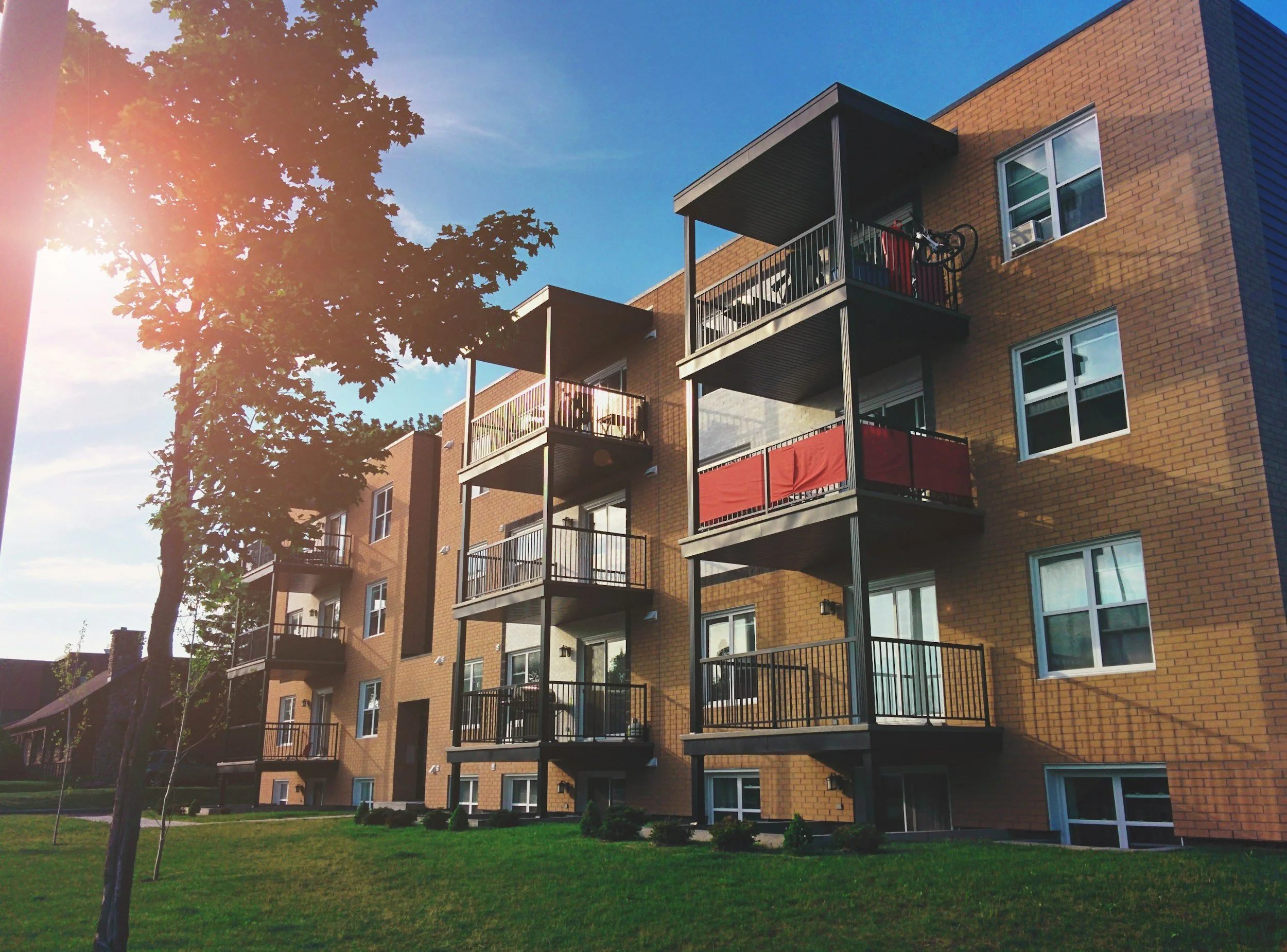How to Ensure Gas Line Safety in Commercial Buildings
Gas lines are essential to any commercial building, providing the necessary gas supply for heating, cooking, and other uses. However, they can present a serious safety hazard if improperly installed and maintained.
As a business owner or property manager, it is crucial to ensure the safety of your gas line for your employees and customers. This article will discuss the steps you can take to ensure gas line safety in commercial buildings.
Hire a professional for gas line installation
The first step in ensuring gas line safety is hiring a licensed professional for the installation process. Installing gas lines alone or hiring an unqualified contractor can lead to potential hazards and safety issues. A professional plumber has the necessary training, knowledge, and experience to install gas lines following all safety protocols.
If you need to hire a professional service, you can click the following link to contact a company that offers reliable gas line installation in the Phoenix area. Their team of licensed plumbers is trained in handling commercial gas line installations with precision and care. They also use high-quality materials to ensure your gas line is safe and durable.
Regular inspections
Regular inspections are crucial for identifying potential gas line issues before they become serious problems. It's recommended that a professional plumber inspect your gas line at least once a year. They can check for leaks, corrosion, or any other indications of damage that might jeopardize safety.
Additionally, it is essential to have your gas lines inspected after significant renovations or construction projects in your building. Any structural changes could affect the gas line and require adjustments to ensure safety.
Educate staff on gas line safety
Proper training and education for staff members are crucial in ensuring gas line safety in commercial buildings. All employees and visitors in your building should know potential hazards and how to react in an emergency. Train them on how to detect a gas leak, what actions to take if one is detected, and how to shut off the gas supply.
It's also essential to regularly remind staff about common mistakes that can lead to gas line safety issues, such as leaving stoves or ovens unattended or using damaged gas appliances.
Proper ventilation
Proper ventilation is essential in preventing a buildup of natural gas in your building. Ensure all gas-powered appliances have adequate ventilation systems and are regularly maintained. Obstructed vents can lead to carbon monoxide buildup, which can be extremely dangerous for those inside the building.
Additionally, never block any vents with furniture or other items. Clear the area around the vents to ensure proper airflow and prevent fire hazards.
Regular maintenance
Regular maintenance is essential for the safe functioning of your gas line system. Hire a professional plumber to perform routine maintenance checks at least once a year. They can inspect for leaks, corrosion, and other potential issues that may compromise its safety.
Having your gas appliances regularly serviced and maintained by a professional is also essential. Faulty or damaged appliances can lead to gas leaks and pose a significant safety risk.
Install gas detectors
Gas detectors are an excellent investment in ensuring the safety of your building. These devices are capable of detecting even small amounts of natural gas in the air, alerting you to any potential leaks before they become dangerous. Install them near gas-powered appliances and areas where natural gas could potentially build up.
Test these detectors regularly to confirm they are working correctly. For added safety, consider connecting them to your building's security system.
Responding to gas leaks
Knowing how to respond quickly and effectively in case of a gas leak is crucial. The first step is to evacuate the building immediately and call emergency services. Do not use electronic devices or light switches, as they could ignite the gas.
After evacuating:
Shut off the gas supply at the main valve if possible.
If you are unsure how to do this, educate yourself beforehand or have a professional show you.
Wait for emergency services to arrive before re-entering the building.
Conclusion
Gas line safety in commercial buildings should not be taken lightly. It requires proper installation, regular maintenance, and constant attention to ensure the safety of everyone inside. By following these steps and hiring a professional plumber for gas line services, you can have peace of mind knowing that your building is safe from potential gas line hazards.






